Did you know the dangers of re-using plastic bottles in Malta? Or even using them just once?
Most people only use plastic bottles once. But you may not be aware of just how dangerous it is to use them a second or third time.
Plastic drinking water bottles are normally made of polyethene terephthalate (PET), this is also used often for food packaging as it is strong, elastic and flexible and can be used in a wide variety of temperatures.
Both PET and recycled PET are considered to be food safe for use in Europe and the EU has targeted that plastic drink bottles must contain 30% of recycled PET plastic bottles by 2030.
However British research into the dangers of chemicals leaching into the contents of a plastic water bottle from May 2022 "Unpacking the complexity of the PET drink bottles value chain: A chemicals perspective" found that the dangers are higher with rePET (Recycled PET) than the already present danger with PET plastic drinking bottles.
The research focussed on FCC's so Food Contact Chemicals that leach into the water from PET plastic water bottles and this builds on the increasing evidence over the dangers of microplastics that have also been found in drinking water bottles and then in human blood.
Over 150 chemicals were found leeching into drinks from the plastic bottles with 18 of these chemicals exceeding the levels allowed in regulations.
“We found these chemicals can come from various sources, such as the catalysts and additives used during production and degradation during PET production, and degradation that can happen across a bottle’s lifecycle,” said Dr Eleni Iacovidou, a lecturer from Brunel’s Centre for Pollution Research and Policy, who led the study.
Importantly for us in Malta the report cited that the way the plastic bottles were handled has an impact on the levels of chemicals found.
The researchers point to several factors that can result in FCCs being present in bottled drinks, including the production of the empty bottles, but also the conditions under which bottles are filled, stored, distributed, and shelved, for example, being exposed to high levels of sunlight or humidity.
What is the danger in the chemicals found?
Phthalates are chemicals used to soften plastics and keep them flexible, but they can cause reproduction problems in adults.
Antimony is a semi metal and also one of the FCC's found leaching from plastic bottles, this can cause problems with the heart, lungs and stomach, liver and kidney damage and potential cancer.
Is it dangerous to reuse plastic bottles?
Reusing plastic bottles is a concern, and in particular if plastic bottles have been exposed to heat or sunlight which increases the possibility of FCC's leaching into the drinks then when used multiple times the leaching may well be worse.
If you reuse a plastic bottle in Malta you may not even know how it has been handled before it arrived in your hands, so probably just better not to.
Does using recycled plastic bottles help?
Whilst the EU wants to encourage the use of recycled plastic bottles, and some Maltese water bottle suppliers are starting to move over to the use of recycled plastic bottles as part of their "green" campaigning the facts are that it is not really that helpful.
With research showing that there are dangers of FCC contamination in drinks held in rePET consumers may want to think twice about using drinks from this source.
In addition, bearing in mind that leaching of FCC's is proven to occur in virgin PET plastic bottles, consumers may wish to avoid drinks in plastic bottles on more occasions and steadily work towards eliminating these all together.
So what can we use?
Stainless steel bottles, as long as you wash them frequently are going to be a safer bet for drinking fluids on the go, so taking your BottlePro with you is always a great idea. BottlePro is your stainless steel vacuum flask with its own filter inside, and there is even an Adventure version for travellers.

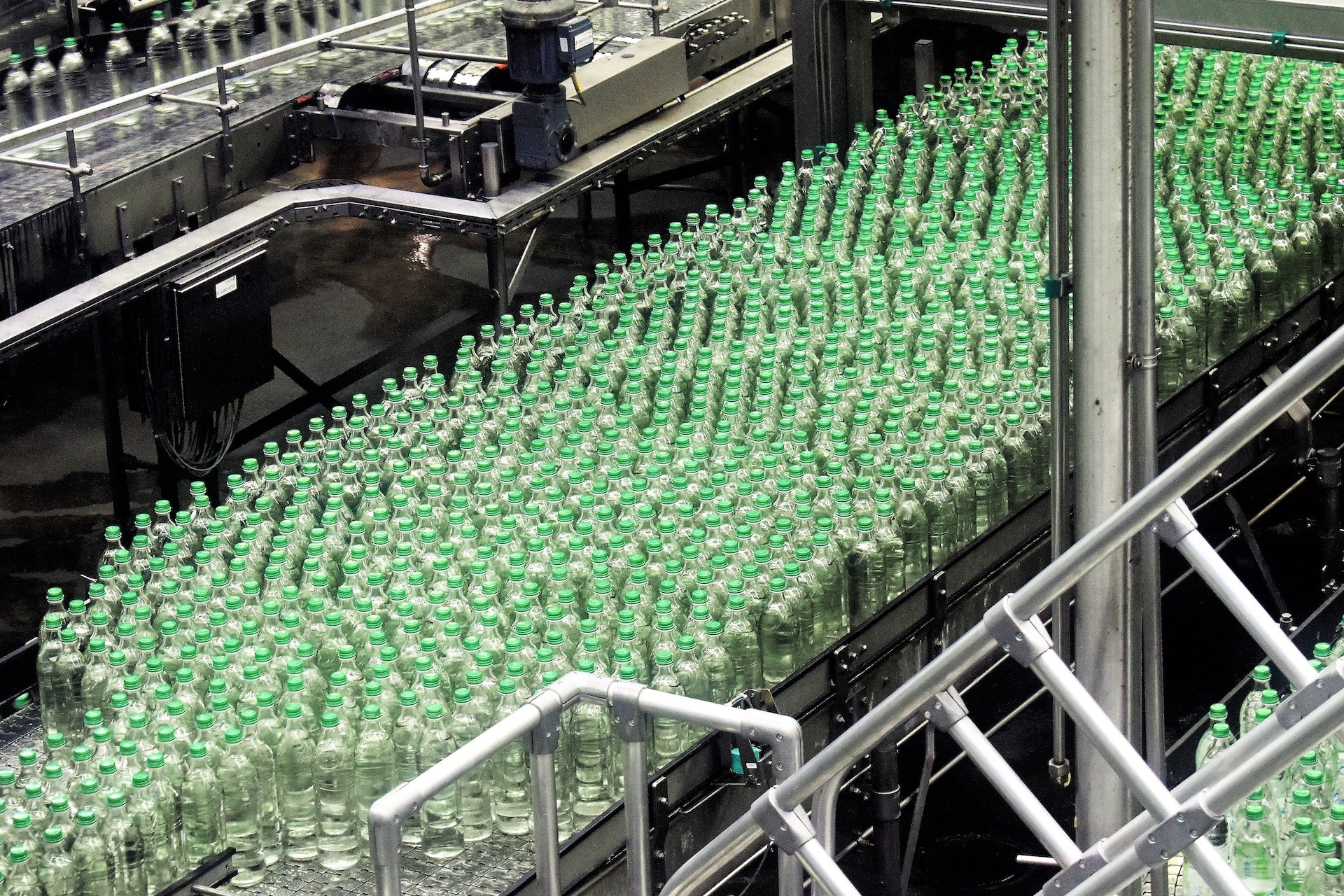
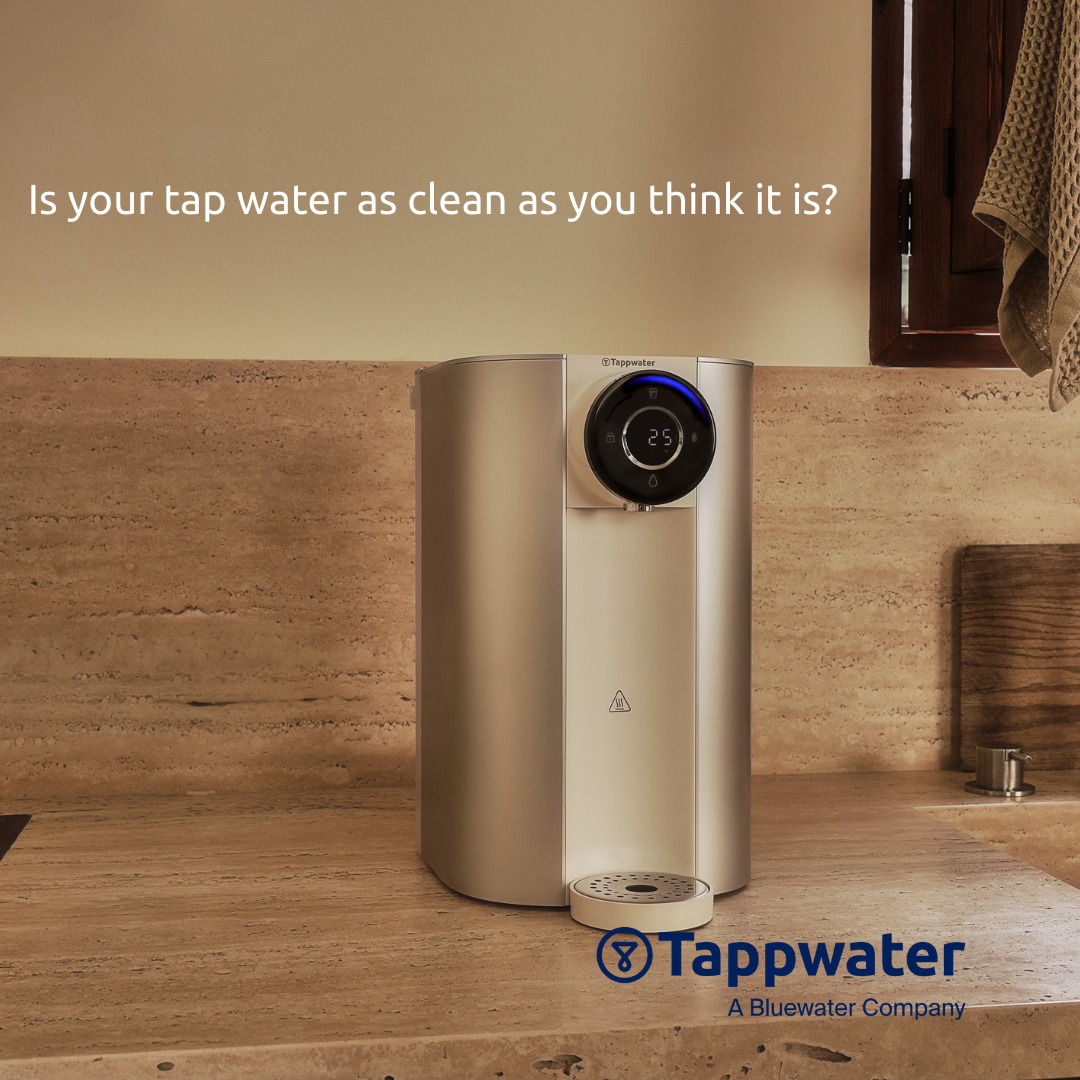

![[WATCH] Malta's Tap Water Challenge: The Tappwater Solution. A Look at the Science, the Tests, and the Deliciously Clean Results.](http://tappwater.mt/cdn/shop/articles/Why_We_lab_tested_maltas_water_Sqaure.png?v=1756738451&width=1080)
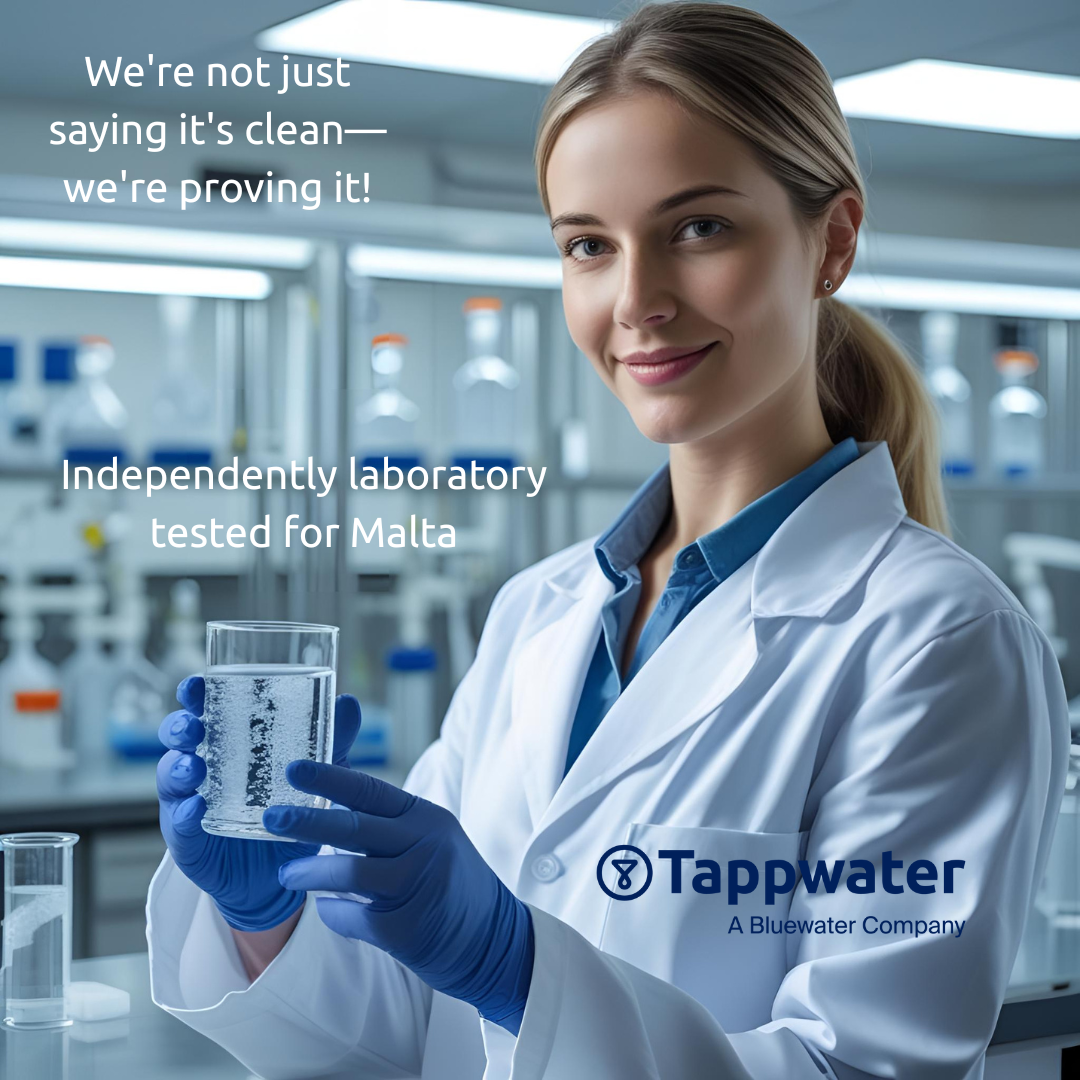
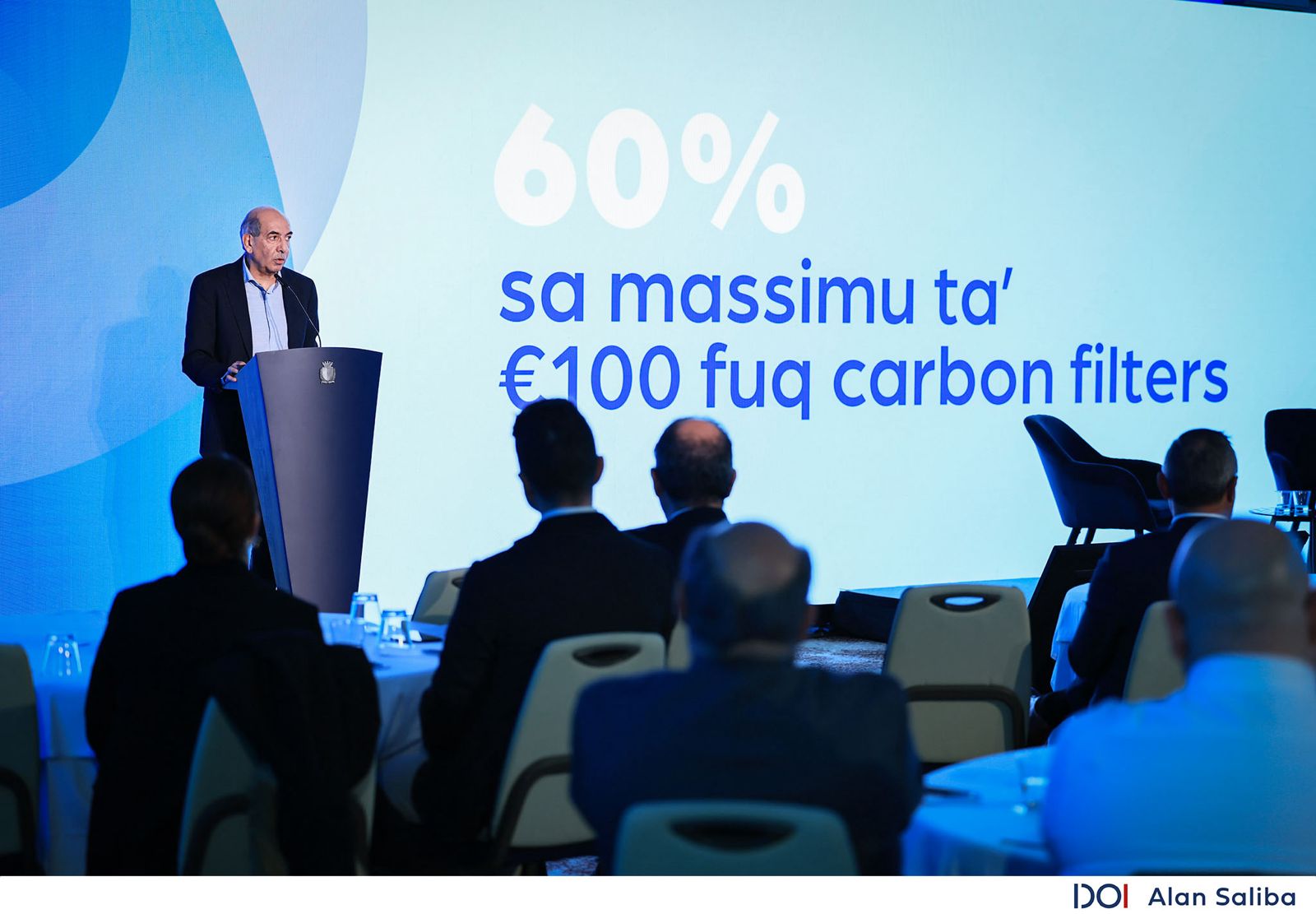
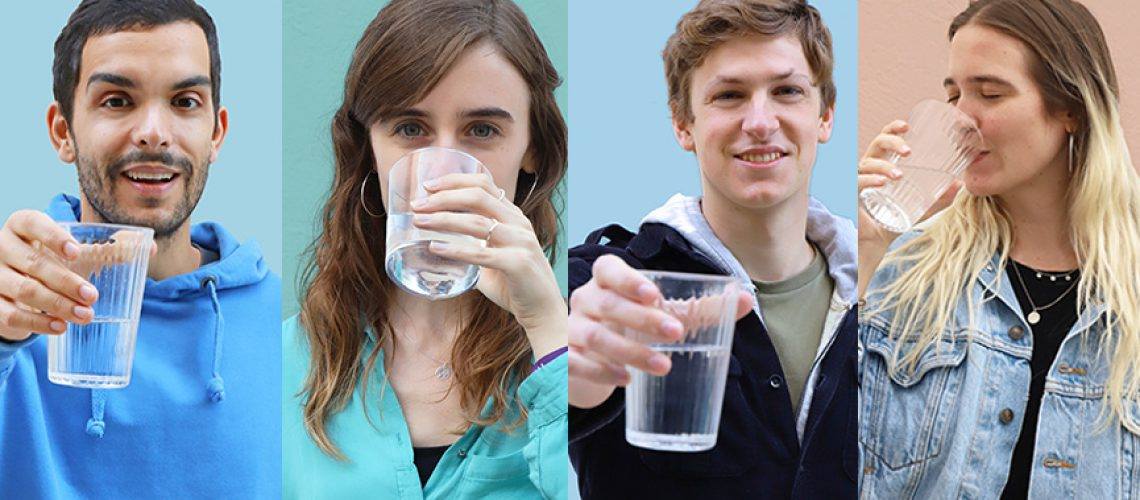
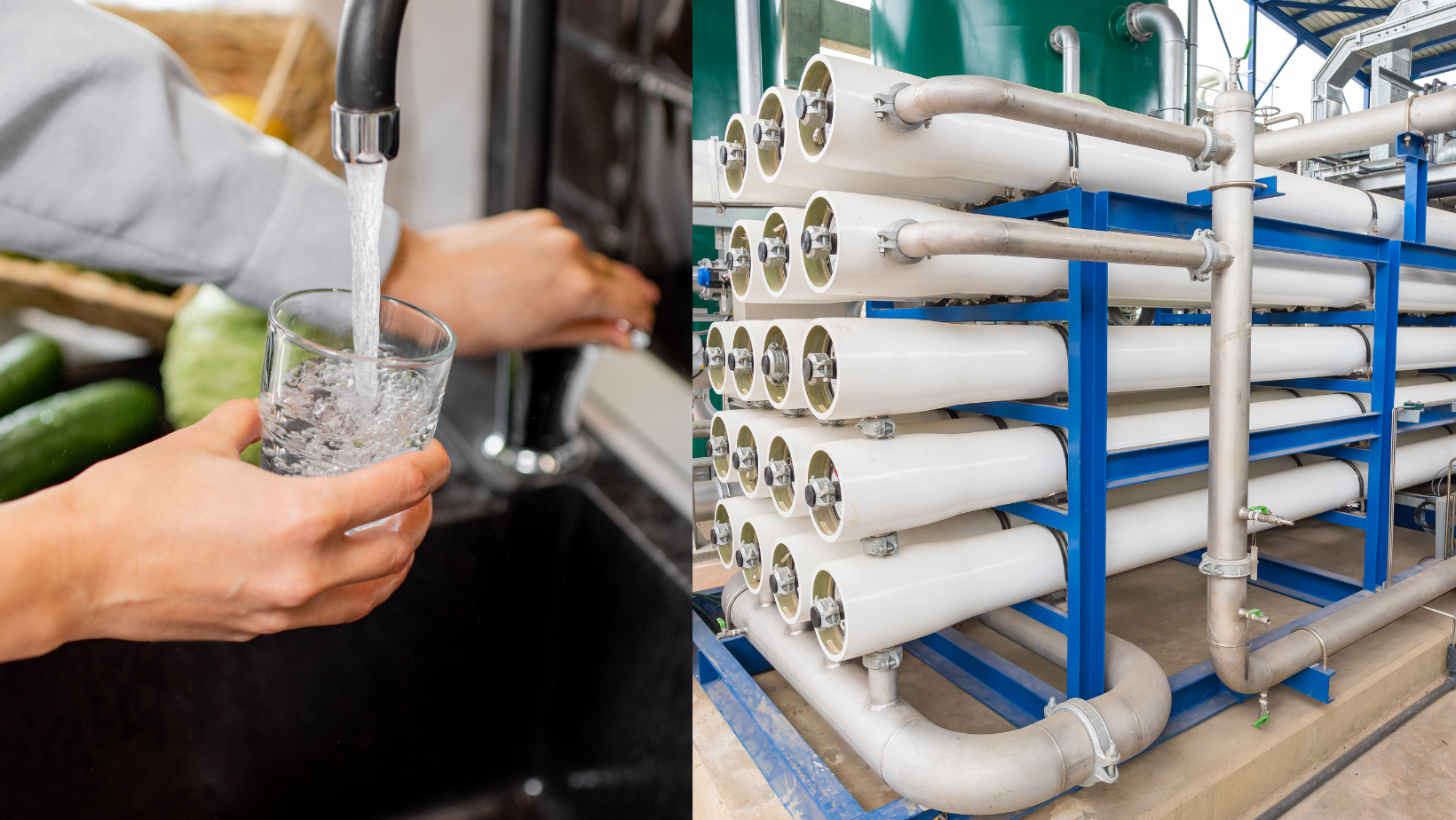
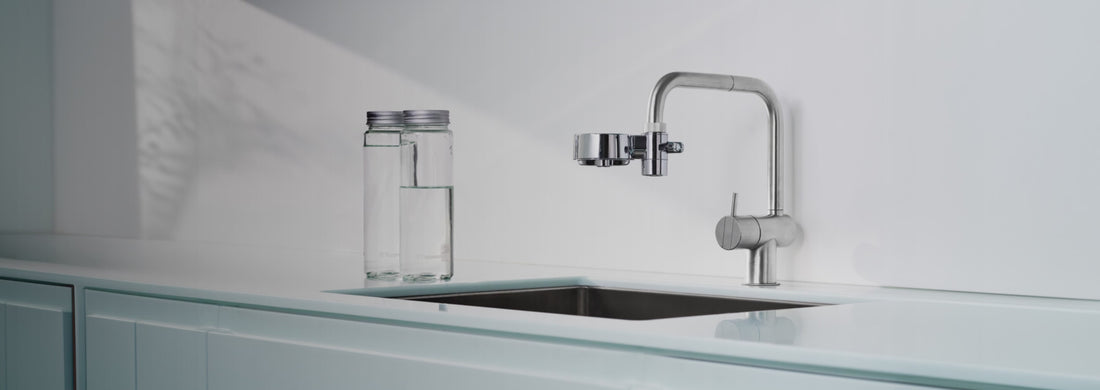
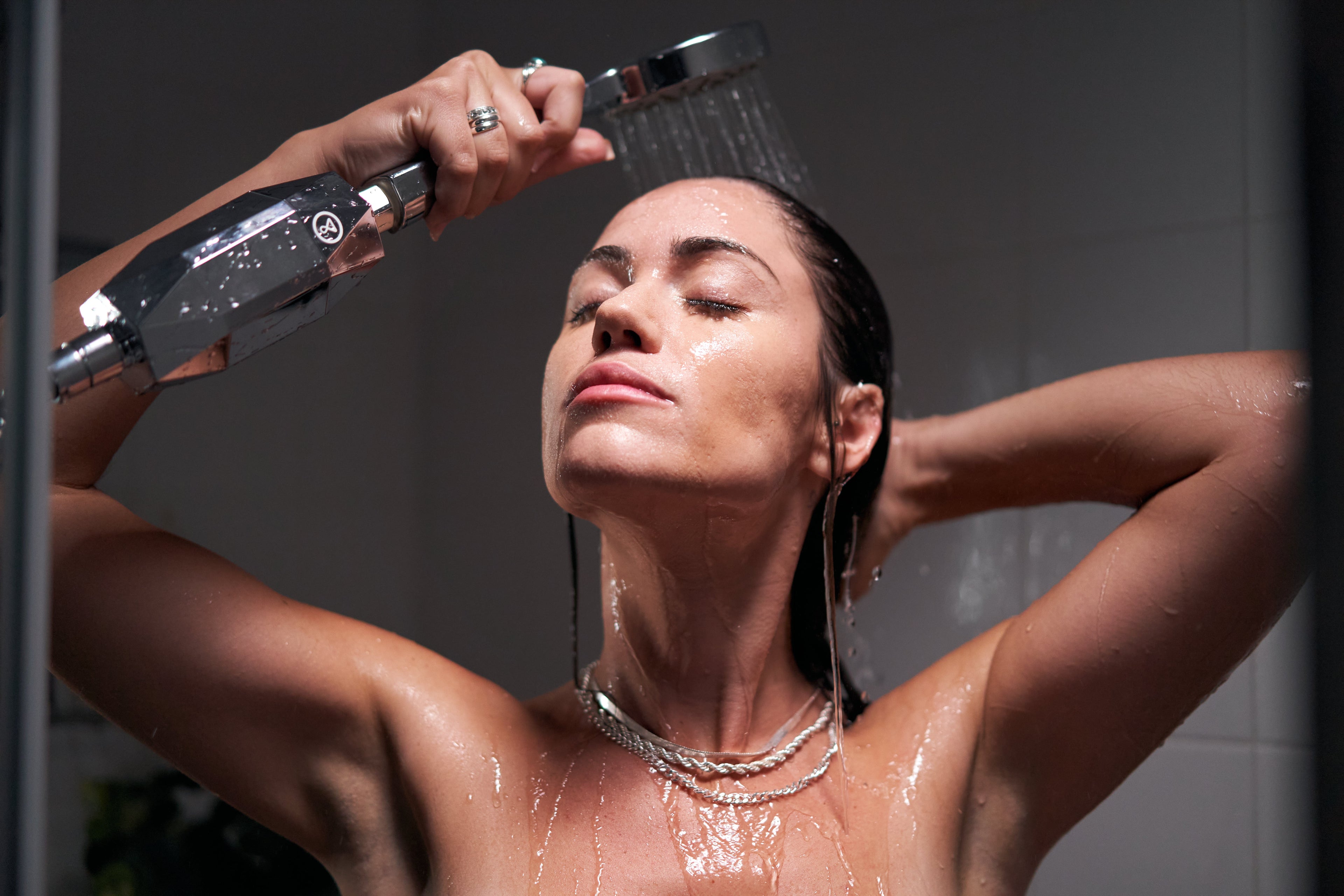
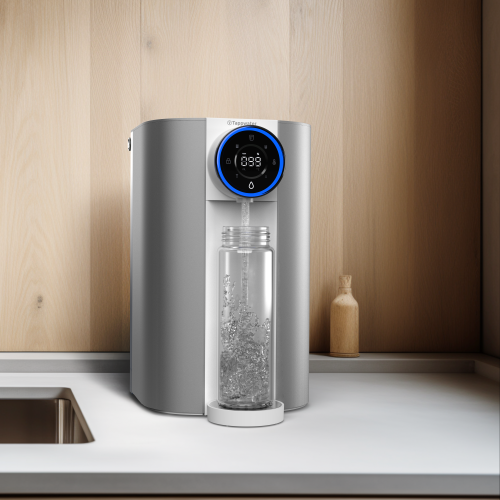
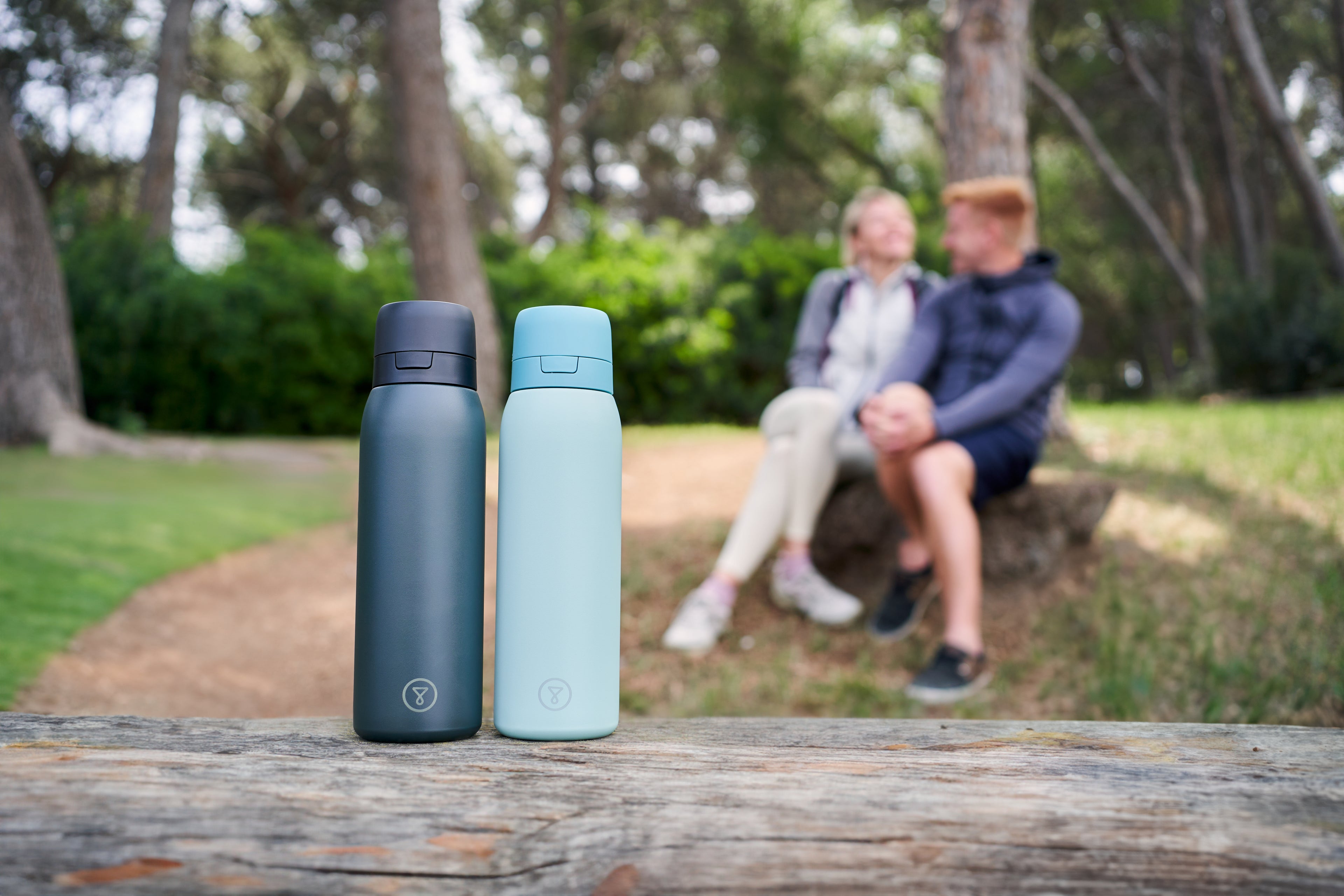
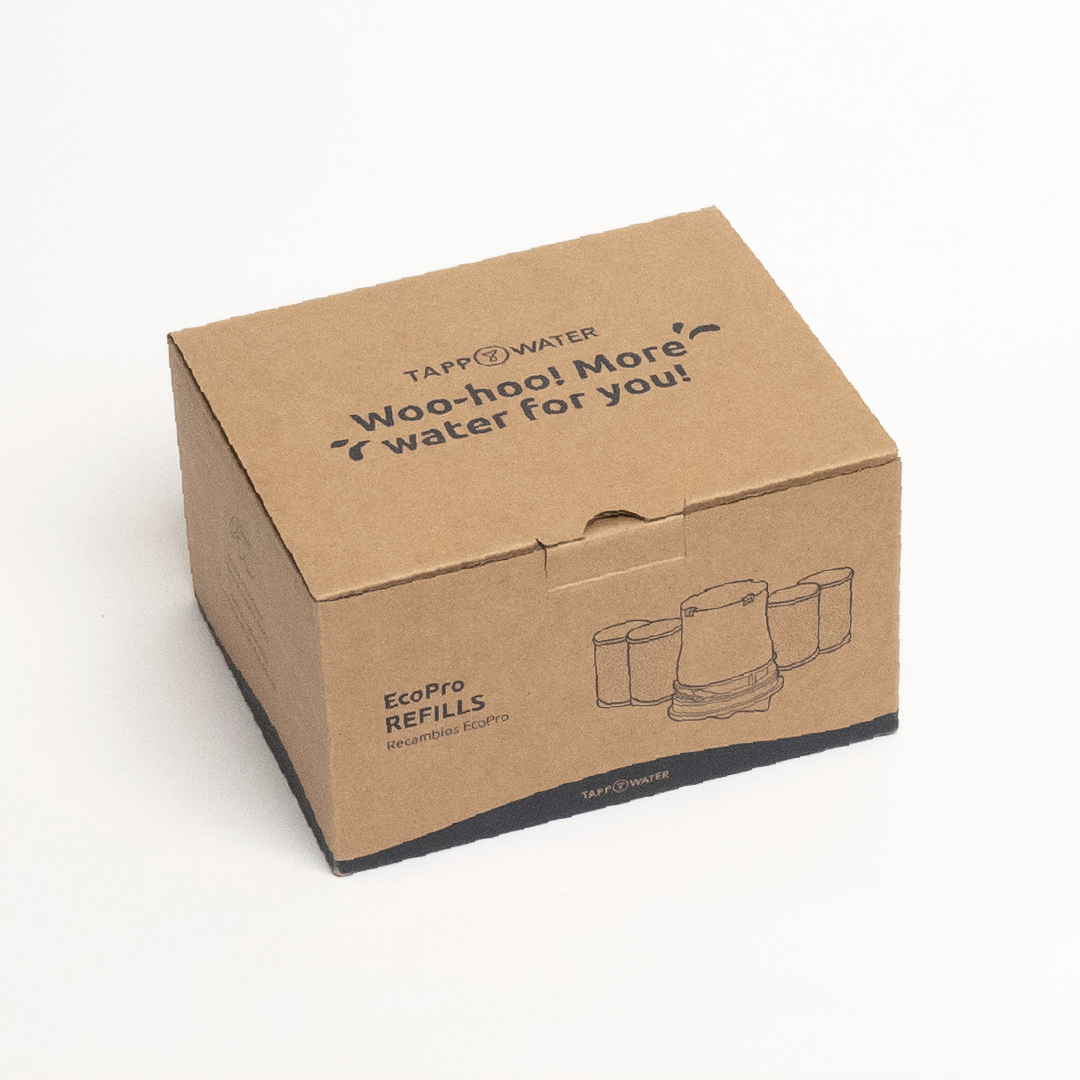
2 comments
Thanks for your comment Mario – however even a re-used 18 Litre plastic bottle is still a plastic bottle. The plastic used is designed for multiple uses and the article focusses on plastic bottles designed for single use. So far the research done on plastic bottles for multiple use does show that chemicals are still leaching into the drinking water. Please see this article: https://tappwater.mt/blogs/news/reusable-plastic-bottles-release-contaminants-when-drinking-water-in-malta
JEKK JOGHGBOK IL FLIEXKEN TA LILMA LI NIXTRU BHAL H2s only li kunn fih 18 il litru hazin jergaw juzawwhom il factors ta lilma ghax fil kas manixtriex iktar.thanks.